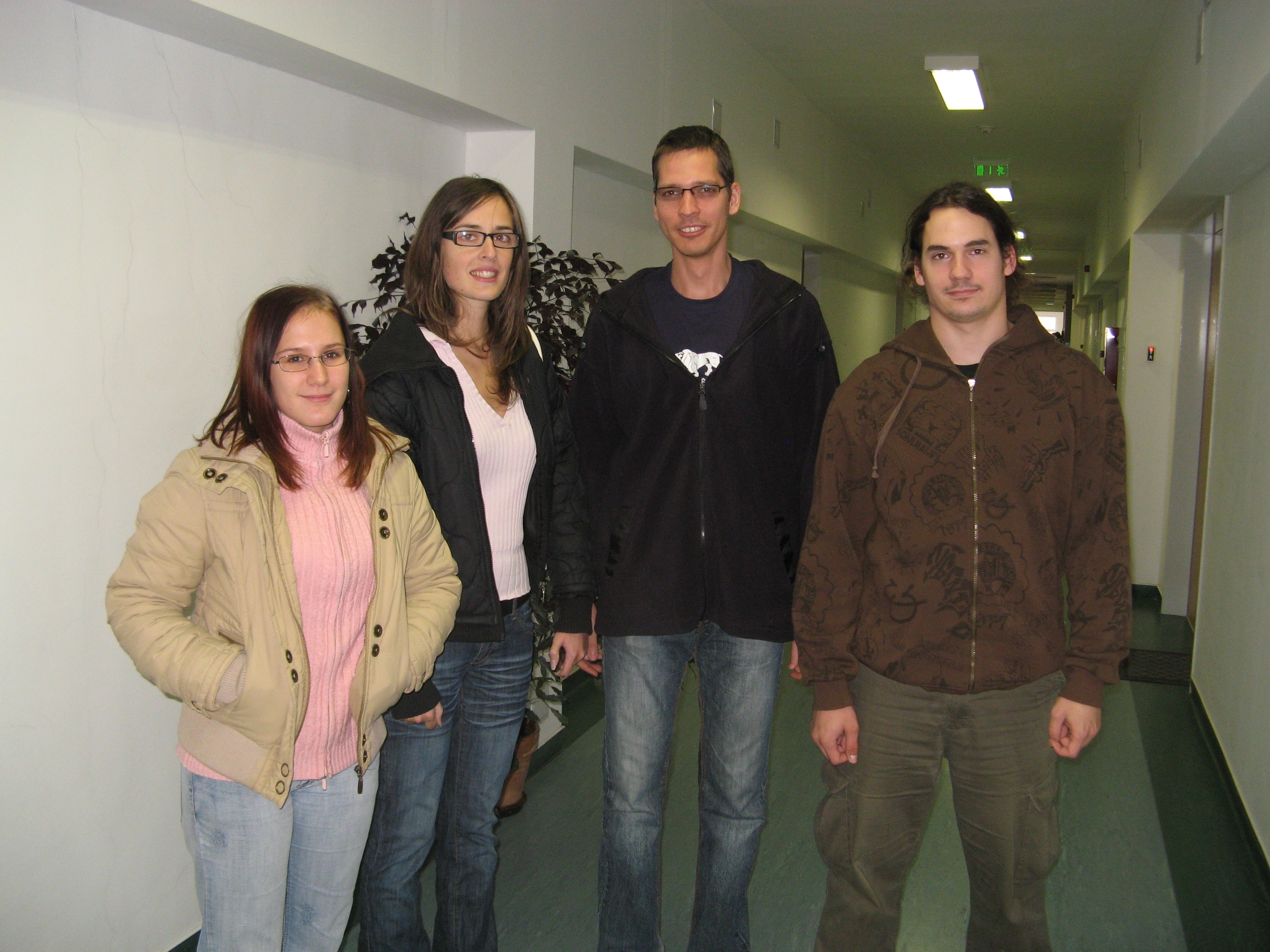
Hearing about the “Tourism Package”, introduced in the fall of 2009, we immediately knew that this was a great opportunity for us for to gain more experience and knowledge for our future. This is a programme organised for Hungarian and international students to study subjects in English. It was obvious from the first moment that this is “one time shot”, an opportunity which should not be missed.
The programme enables us to improve more things at one time easily, being handy for our future work.
In nowadays’ “mass” education there is less chance to find courses with limited number of participants joint together. Thankfully, our class is organized into a smaller group with less people, which has many well-known benefits. With less students being present at the lecture, one gets more opportunity to unfold. There is more time to talk though difficult chapters, to go into details, making it easier to understand the syllabus better than during a lecture, where hundreds of university students are present.
Along with the atmosphere, the relationship with the teachers is more pleasant and personal too. Lecturers make sure we understand things even more clearly than they do with students in a larger class. They also introduce us more exciting topics, fitting these topics to our interests.
We have more jobs to do than the “average” student: exercises including many case studies and presentations, being useful for our future as we get used to being paid more attention, performing in front of each other.
At some of the classes, there are a few Erasmus students taking part, where we have to work together. This develops the ability to work together with foreigners, to experience how to push through with other nations, to see what their customs are. By this, we experience many different manners of work and meet different views of the world, widening our ways of thinking.
With the higher level of English and professional education, we expect to become more competitive than others. We have to work hard, but we enjoy it very much and hope that our efforts will be appreciated by the teachers, professional employers and colleagues.
Zsófia Terék, Ágnes Scherdán, Péter Drajkó, Zoltán Kupás-Deák
